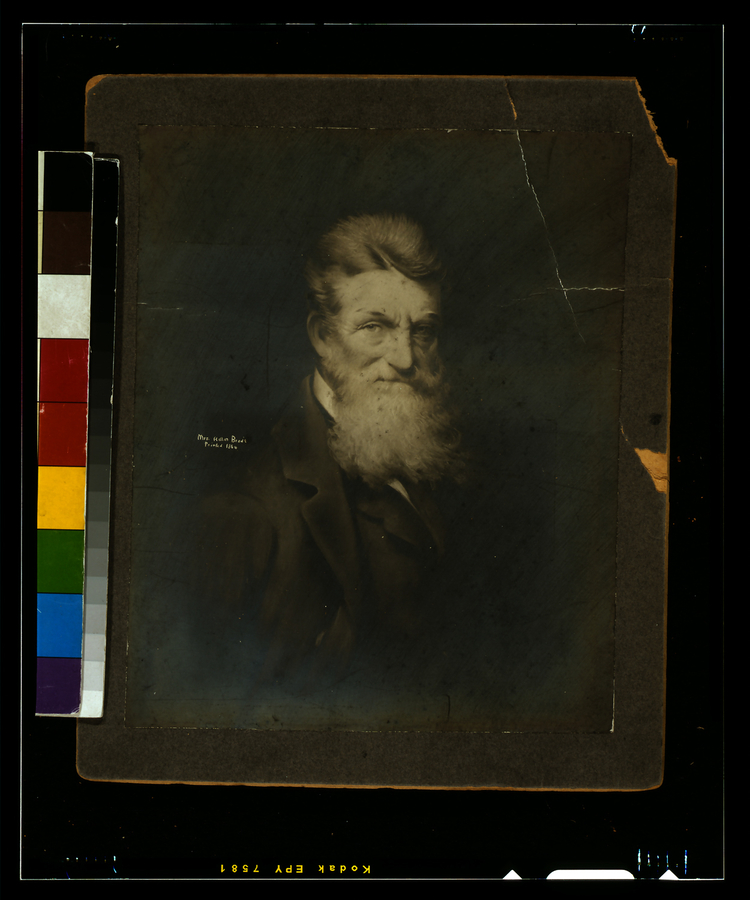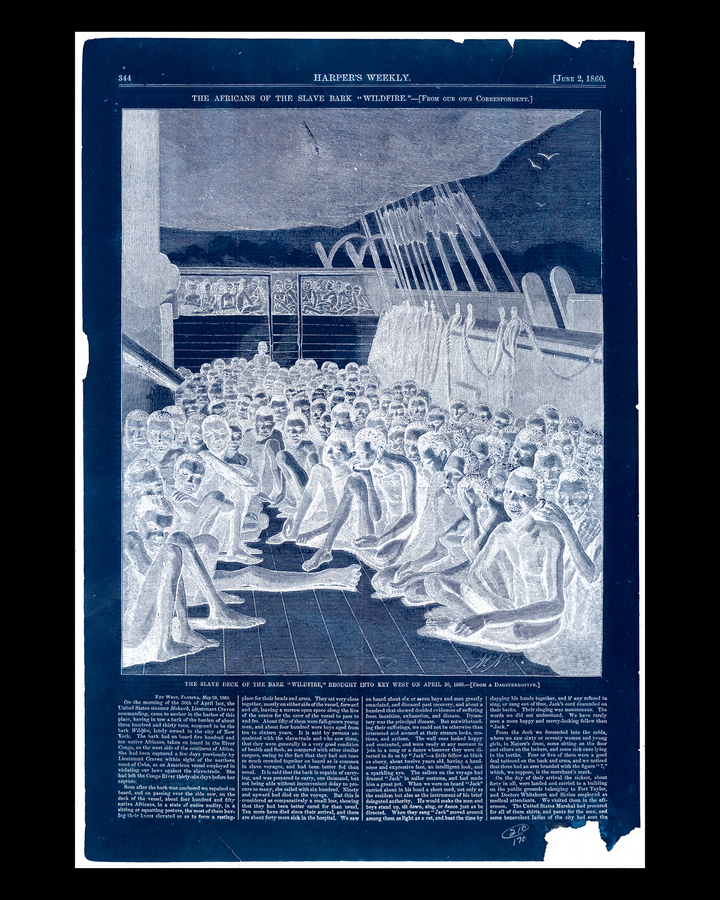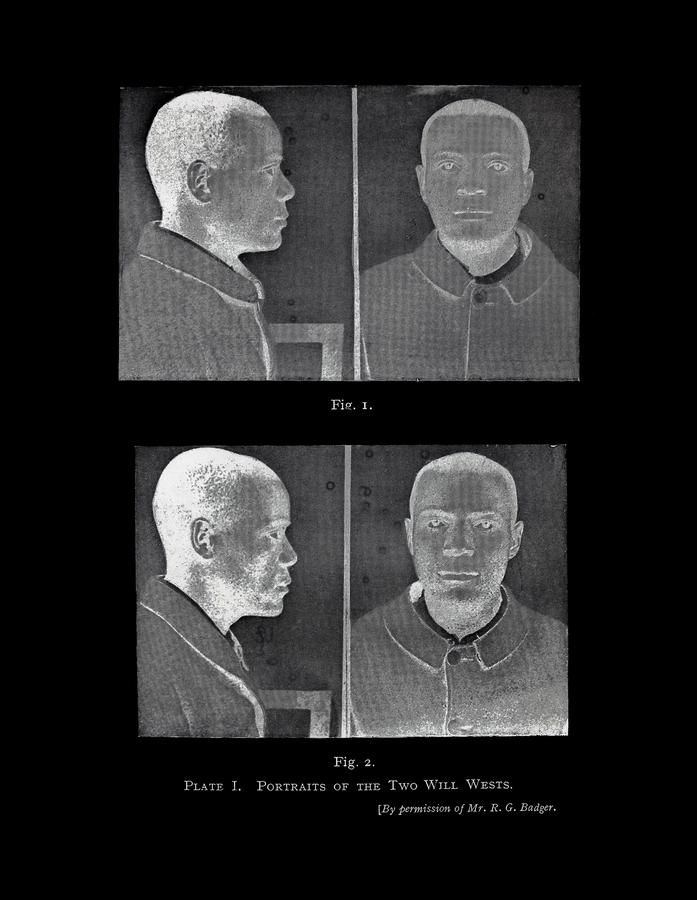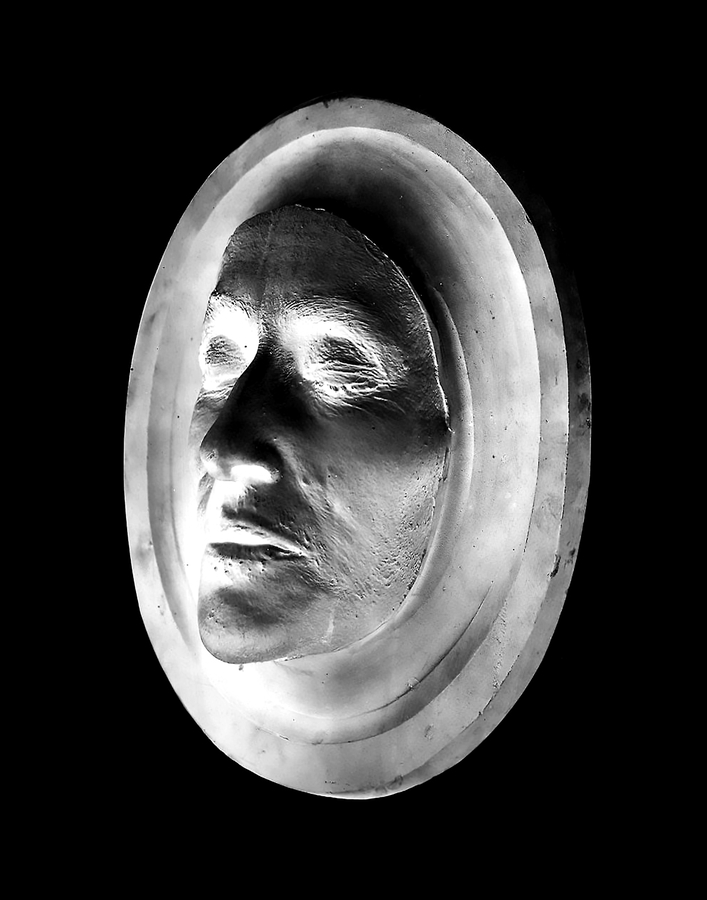Scotiabank Photography Award: Deanna Bowen. Black Drones in the Hive

This exhibition celebrates the interventionist and visual practice of Montreal-based artist Deanna Bowen, winner of the 2021 Scotiabank Photography Award. Originally produced by Bowen under a commission from the Kitchener-Waterloo Art Gallery (KWAG), Black Drones in the Hive clusters historical documents, illustrations, and publications in a series of thematic constellations, weaving together narrative threads of migration, racist dispossession, entrenched power networks, and hierarchies of remembrance.

The following text is excerpted from curator Crystal Mowry’s essay “Notes from the Margins” in Deanna Bowen: Scotiabank Photography Award (Göttingen: Steidl, 2022):
“In its most monolithic sense, the archive is the ledger of valued history. Its contents—essentially comprised of photographic documentation, reports, forms, journals, correspondence, and receipts—detail the circulation of power not only in the materials deemed worthy of entering the public trust, but between the individuals who initially invested those materials with meaning. This is a truth that Deanna Bowen knows intimately. From its early roots in experimental documentary to constellations of found imagery, Bowen’s practice has articulated how the familial histories of Black folks—histories often relegated to the margins—illuminate the official record. When she re-contextualizes previously published images in her God of Gods (2019/2020) and Black Drones in the Hive (2020) projects, or revives discarded negatives in the King Photo Studio series (2019), Bowen is hyper-aware of W.E.B. Du Bois’s concept of ‘double consciousness’—the notion that to be Black is to live with the conflict of seeing yourself represented by White authors while profoundly recognizing the limits of such representation.


“This conflict resonates in Bowen’s exhibition Black Drones in the Hive, in an image that both frames the entry and encapsulates the problematic appropriation of Black narratives. It is an oversized reproduction of a postcard depicting a tableau from a dramatic staging of Uncle Tom’sCabin (1852), the wildly successful novel that was credited as a catalyst for the abolition of slavery in the United States. Despite the fact that its narrative reference dates back a century and a half, the image seems curiously untethered from that moment. The costumes and spare backdrop enable a troubling potential—an invitation to see its central event through the lens of a present littered with images that yield the same tragic outcome for Black subjects. Bowen’s intention, however, is not simply to confuse temporalities, but to assert the existence of a continuum. The Death of Uncle Tom (2020) is a not-so subtle nod to the white saviourism that haunts the publishing of Black narratives, a concern to which Bowen is heavily attuned. Her conceptual alignment of the mechanically printed image with other mass produced objects intended to celebrate the Uncle Tom narrative snaps us back to the theft that belies the novel’s reputation: the narrative of Uncle Tom’s Cabin was cribbed from the autobiography of Josiah Henson, the formerly enslaved preacher and founder of a settlement for freedom seekers in southwestern Ontario, and is largely unattributed. In her gathering of related ephemera—commemorative plates, subsequent publications of contextual information, and more—Bowen points beyond the desire to possess a snapshot of history to a more complicated geometry whereby the promise of freedom is bound up in notions of service and faith. As in her portraits of found hymnals from a decade earlier, Bowen hints at the Janus-like nature of pre-emancipation Christian consciousness; on the one hand it excused the ‘peculiar institution’ of slavery, while on the other it peddled the promise of liberation rooted in worship. Photographed against a field of black velvet, with covers closed, each book seems to hold the viewer at arms-length, refusing the experience of knowing it as a tool of devotion.”


Curated by Crystal Mowry, Director of Programs, MacKenzie Art Gallery, Regina
Organized by the Kitchener-Waterloo Art Gallery, and presented by The Image Centre in partnership with CONTACT. Circulated in partnership with the Mackenzie Art Gallery. Produced with the support of the City of Toronto through the Toronto Arts Council
Deanna Bowen (b. 1969, Oakland; lives in Toronto) is a descendant of two Alabama and Kentucky born Black Prairie pioneer families from Amber Valley and Campsie, Alberta. Bowen’s family history has been central to her work since the early 1990s. She makes use of artistic gestures to define the Black body and trace its presence and movement in place and time. She is a recipient of a 2020 Governor General Award for Visual and Media Arts Award, a 2018 Canada Council Research and Creation Grant, an Ontario Arts Council Media Arts Grant in 2017, a 2016 Guggenheim Fellowship, and the 2014 William H. Johnson Prize. Her writing, interviews and artworks have been published in Canadian Art, The Capilano Review, The Black Prairie Archives, and Transition Magazine. Bowen is editor of the 2019 publication Other Places: Reflections on Media Arts in Canada.